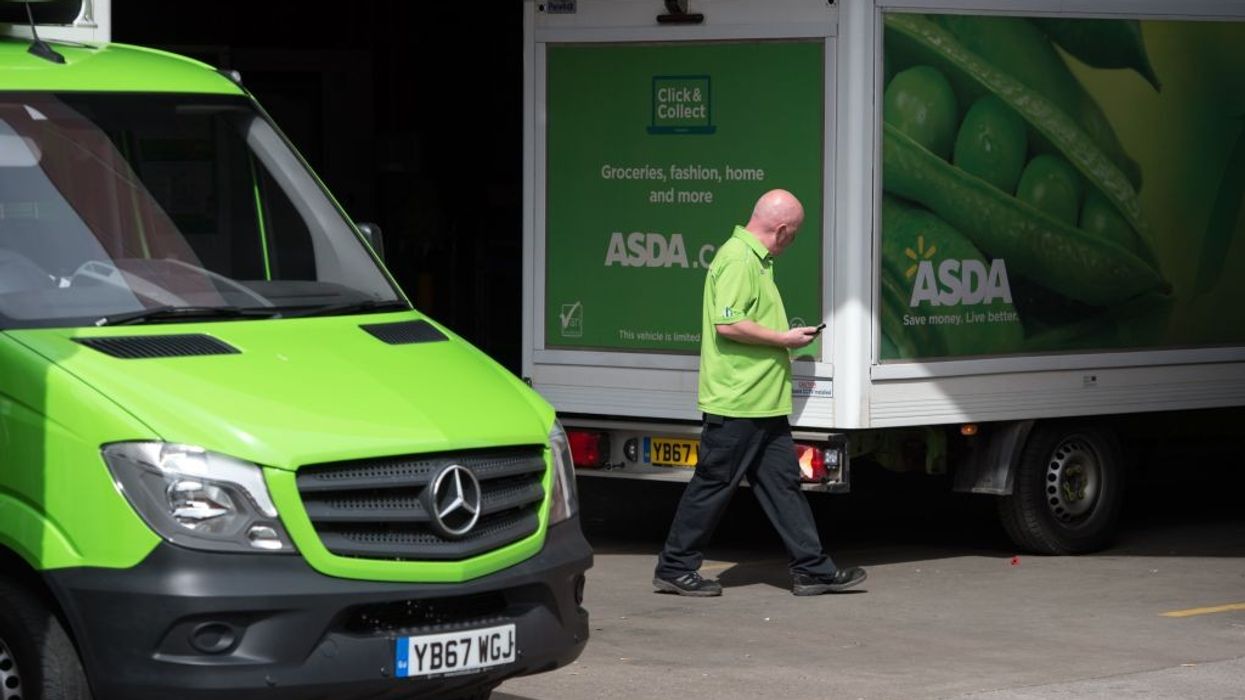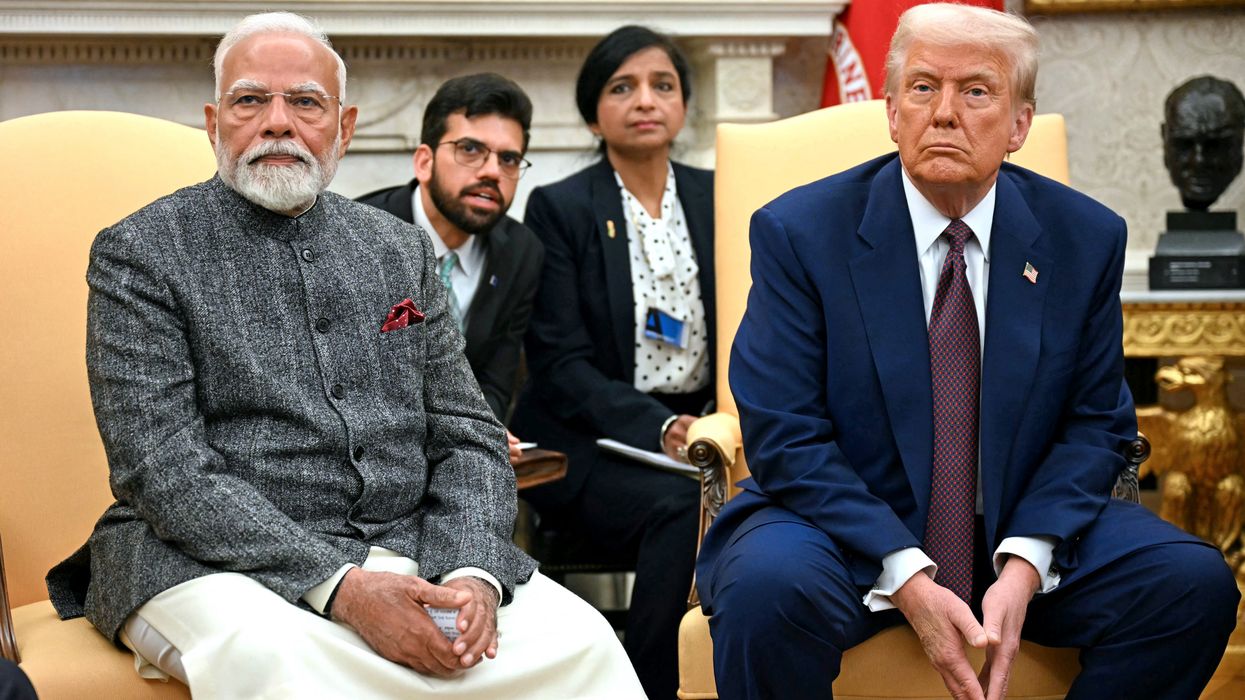ONE in three Asda employees have faced attacks at work, according to a survey which revealed incidents where workers were stabbed, punched, and threatened with syringes.
The GMB union conducted the poll among nearly 1,000 of its members, uncovering accounts of delivery drivers being pursued by cars and store workers having food thrown at them. Over half (58 per cent) of participants reported sustained injuries or illnesses while on the job, reported the Guardian.
Employees described being spat on, suffering broken bones, being hit with bottles, and receiving death threats directed at them and their families. Delivery drivers recounted encounters with naked customers, while store staff reported having watermelons and meat thrown at them.
In total, 339 respondents (35 per cent) of the GMB survey reported experiencing verbal or physical violence while at work. The findings will be discussed at the GMB’s annual congress in Bournemouth on Tuesday (11).
Nadine Houghton, a GMB national officer, expressed horror at the findings, stating, “No one should have to suffer this kind of abuse and violence at work.” She warned that the situation could worsen with reduced staff hours making remaining employees more vulnerable.
The issue of violence against retail workers in the country has been escalating, with reports in February indicating 1,300 daily incidents of violence and abuse, alongside increasing shoplifting.
An April report from the British Retail Consortium indicated a 65 per cent rise in violence and abuse incidents in shopping centres from 2021-22 to 2022-23. Suppliers of body armour have noted a significant increase in demand for stab vests for shopping centre security staff over the past two years.
Earlier in April, the government proposed tougher penalties for repeat or abusive shoplifters in England and Wales under a new offense for assaulting retail workers. However, this measure was dropped from the criminal justice bill during the pre-election legislative rush.
Labour leader Keir Starmer promised at the Usdaw annual conference in April to repeal what he termed the Tory “shoplifter’s charter,” a policy under which thefts of goods worth less than £200 are not investigated, and suggested this might be included in the party’s manifesto.
“Unfortunately, like all retailers, we have seen an increase of violence and aggression towards our colleagues during the last few years. The safety of our colleagues is a primary concern, which is why we have invested over £30 million during the last three years to upgrade the CCTV systems in stores," said an Asda spokesperson.
“We work with all of our colleague representatives in the important area of colleague security and also back calls for violence or abuse against retail workers to be made a standalone criminal offence in all parts of the UK, and hope this is a priority for any incoming government.”













